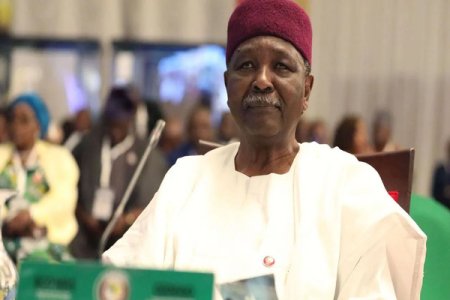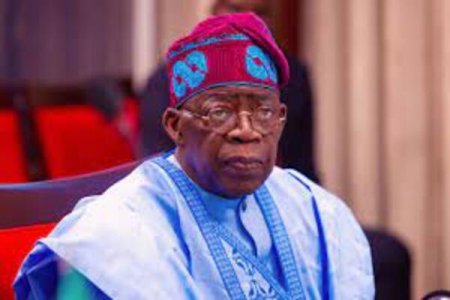
A Kogi High Court has issued a summons for the Chairman of the Economic and Financial Crimes Commission (EFCC), Mr. Ola Olukoyede, to appear before it on May 13. The order stems from allegations of contempt brought by former Governor Yahaya Bello against the EFCC. Justice I.A. Jamil of High Court IV handed down the order while ruling on Suit No: HCL/68M/2024 and Motion No: HCL/190M/2024 filed by Bello. The court alleges that the EFCC violated a restraining order by carrying out certain actions, including laying siege to Bello's residence. Bello's lawyer, M.S. Yusuf, filed a motion ex-parte seeking Olukoyede's summons, which was granted by Justice Jamil. The EFCC chairman is expected to answer the contempt charge in court.
The legal saga unfolds against the backdrop of heightened tensions between former Governor Yahaya Bello and the EFCC. The EFCC operatives' alleged siege on Bello's residence, despite a restraining court order, has intensified the legal battle. Bello's legal team argues that the EFCC's actions constitute a violation of the court's directives and amount to contempt of court. The court's decision to summon Olukoyede underscores the gravity of the situation and the need for accountability in upholding judicial orders.
The ruling has broader implications for the EFCC's enforcement activities and the rule of law in Nigeria. It highlights the judiciary's role in ensuring accountability and adherence to legal procedures, particularly in cases involving high-profile individuals. The EFCC, as a key anti-corruption agency, faces scrutiny over its compliance with court orders and respect for due process. The outcome of this case could set a precedent for future interactions between law enforcement agencies and the judiciary.
As the legal proceedings progress, all eyes are on the upcoming court appearance of EFCC Chairman Olukoyede. The hearing on May 13 is expected to shed light on the circumstances surrounding the alleged contemptuous actions and provide an opportunity for both sides to present their arguments.




